Secondary schools in Tayside and Fife are being urged to sign up to a free mental health and wellbeing support programme for pupils.
There are 150 spaces specifically reserved for Scottish secondary schools – equating to nearly half of all secondary schools in Scotland – and not one of them has yet been filled.
Earlier this year, Govox launched the largest ever mental health and wellbeing programme for pupils to take place in UK classrooms.
It is offering its mental health and wellbeing platform – used by leading independent schools – for free to 1,000 state secondary schools across the UK.
The launch, backed by the Education Secretary at the time Nadhim Zahawi MP, has seen tens of thousands of pupils in England sign up through their school.
How will Scottish schools benefit?
But, so far, no schools in Scotland have signed up to take part.
With the October 31 deadline fast approaching, state secondary schools in Scotland are being urged to join and avoid missing out.
The free programme will allow schools in Scotland to assess pupils’ overall mental wellbeing, ability to cope with their work and exams, and any other pressures or issues they may be facing.
It provides ongoing monitoring to make struggling pupils visible to schools, offers personal wellbeing reports on each pupil, and signposts to relevant organisations if external support is required.
Why is the programme needed?
The £5m programme from Govox follows shocking official figures which show that suicide rates amongst teenagers have increased over the past decade.
According to data from the Office of National Statistics (ONS) 110 teens aged 15-19 took their own lives in 2010 compared to 160 in 2020 which equates to a 45% increase.
The Govox Wellbeing Schools programme is focused on directly addressing this, by creating an early warning system for at-risk children and increasing the chances of successful intervention.
How does the programme work?
Pupils involved in the Govox Schools Programme complete simple ‘check ins’ on the Govox Wellbeing platform, where they answer a set of short questions that analyse their overall mental health, providing a ‘wellbeing score’ and flagging any concerning findings.
In particular it highlights any ‘high risk’ pupils.
The platform is not only aimed at saving lives but improving them, by monitoring and supporting the mental health and wellbeing of pupils using the platform.
The head of Dundee-based youth mental health charity Feeling Strong said there is a mental health epidemic in schools and that external services can help.
Brook Marshall, chief executive officer, said: “There is a mental health epidemic in our schools which is quickly becoming a crisis.
“Teachers are stretched to breaking point, but external services can relieve some of that pressure.
“We have excellent working relationships with some secondary schools in Dundee, but others are utterly non-responsive when offered support from third sector services or community groups like ourselves.
“We would encourage the management in schools and in the council to take better stock of what resources and services are available to them, both locally and nationally, to help support those who need it most.”
Schools urged to sign up
Richard Lucas, founder of Govox Wellbeing, added: “I’m urging leaders and mental health representatives in Scottish schools to sign up to the programme, so we can work together to ensure pupils who are struggling can be identified and get the help they need.”
Fife and Tayside secondary schools can sign up here
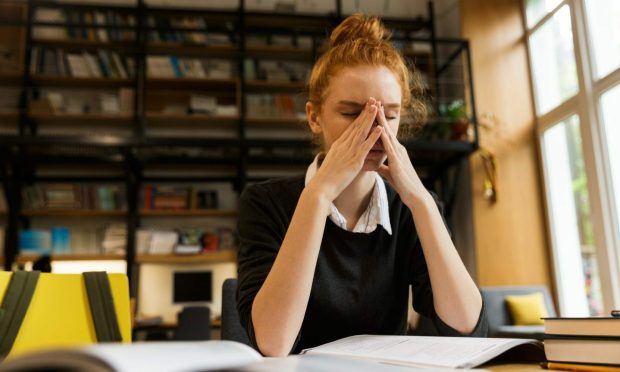
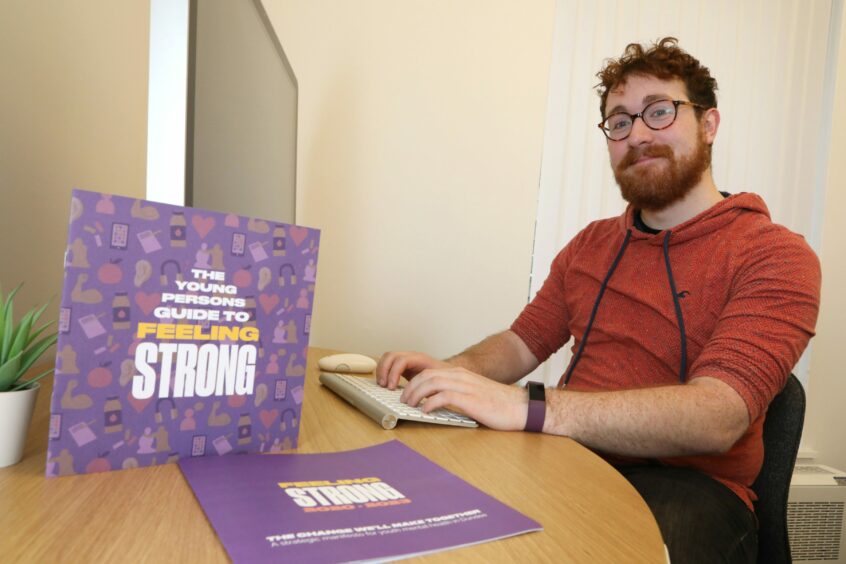


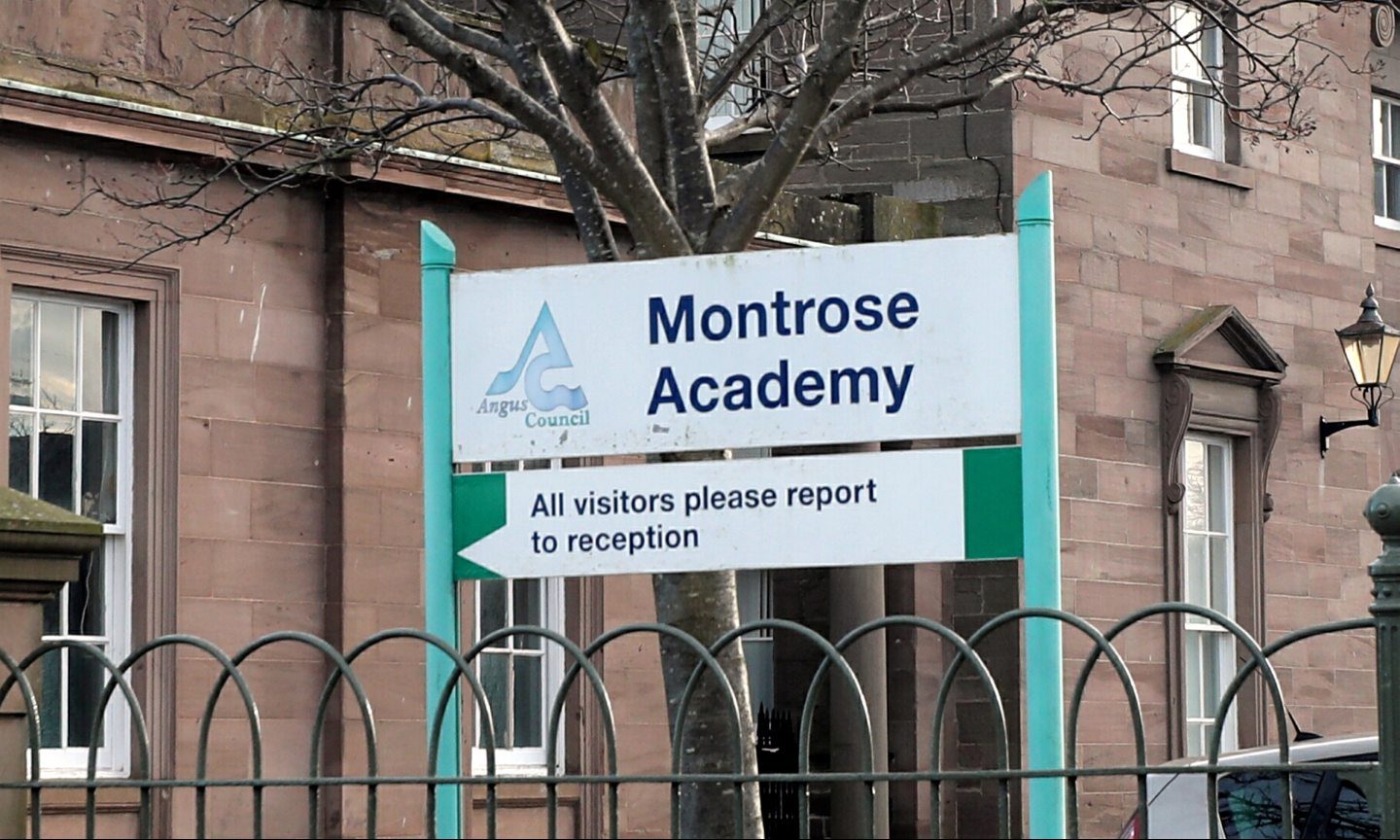

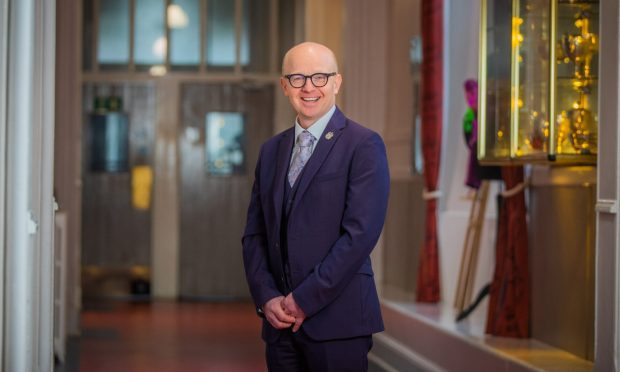


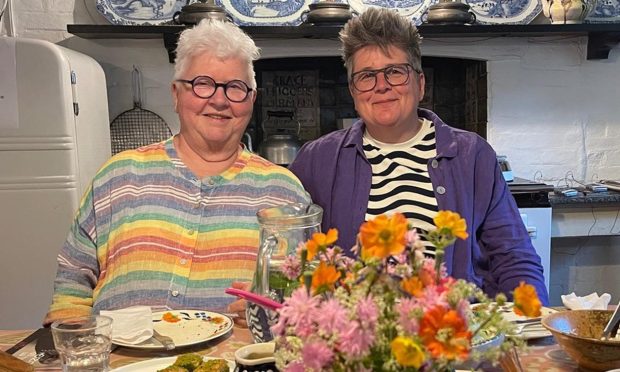
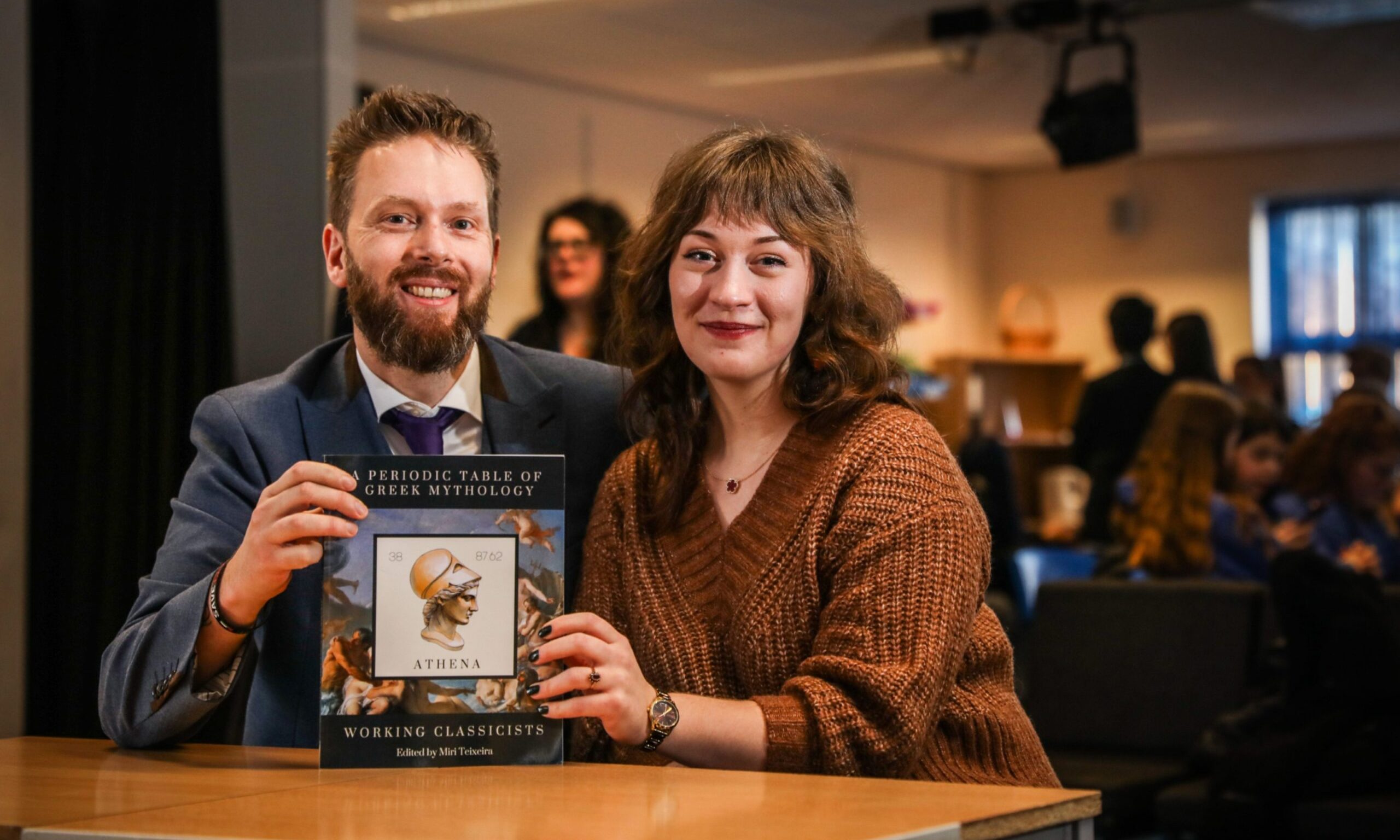
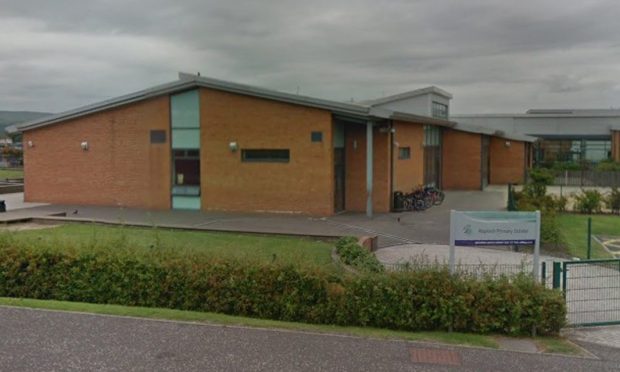
Conversation